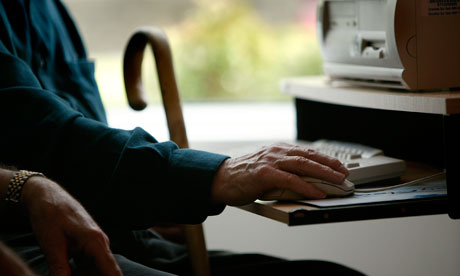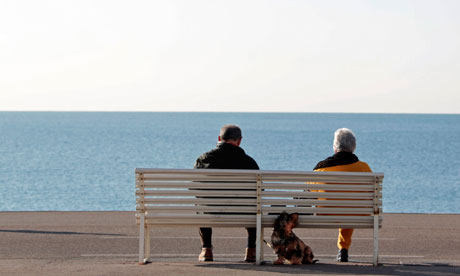Carers come in all shapes and sizes, and as more and more of us fail to die on time, the demand for them is going to increase. But according to a survey, only a third of those working in the NHS believe they are properly supervised, and nine out of 10 want to be registered, as nurses are. Which might be a step in the right direction, but doesn’t address the basic trouble: that caring has no real status.
Some carers are little short of saints, but because a lot of caring is inevitably done by family members, it’s assumed anyone can do it, and too many are simply doing it because it’s the only job going, with no sense of vocation, precious little pay, and too often expected to fit half an hour’s care into 20 minutes. They are, in terms of status, about where nursing was pre-Florence Nightingale: in a job that very few would choose above all other occupations.









